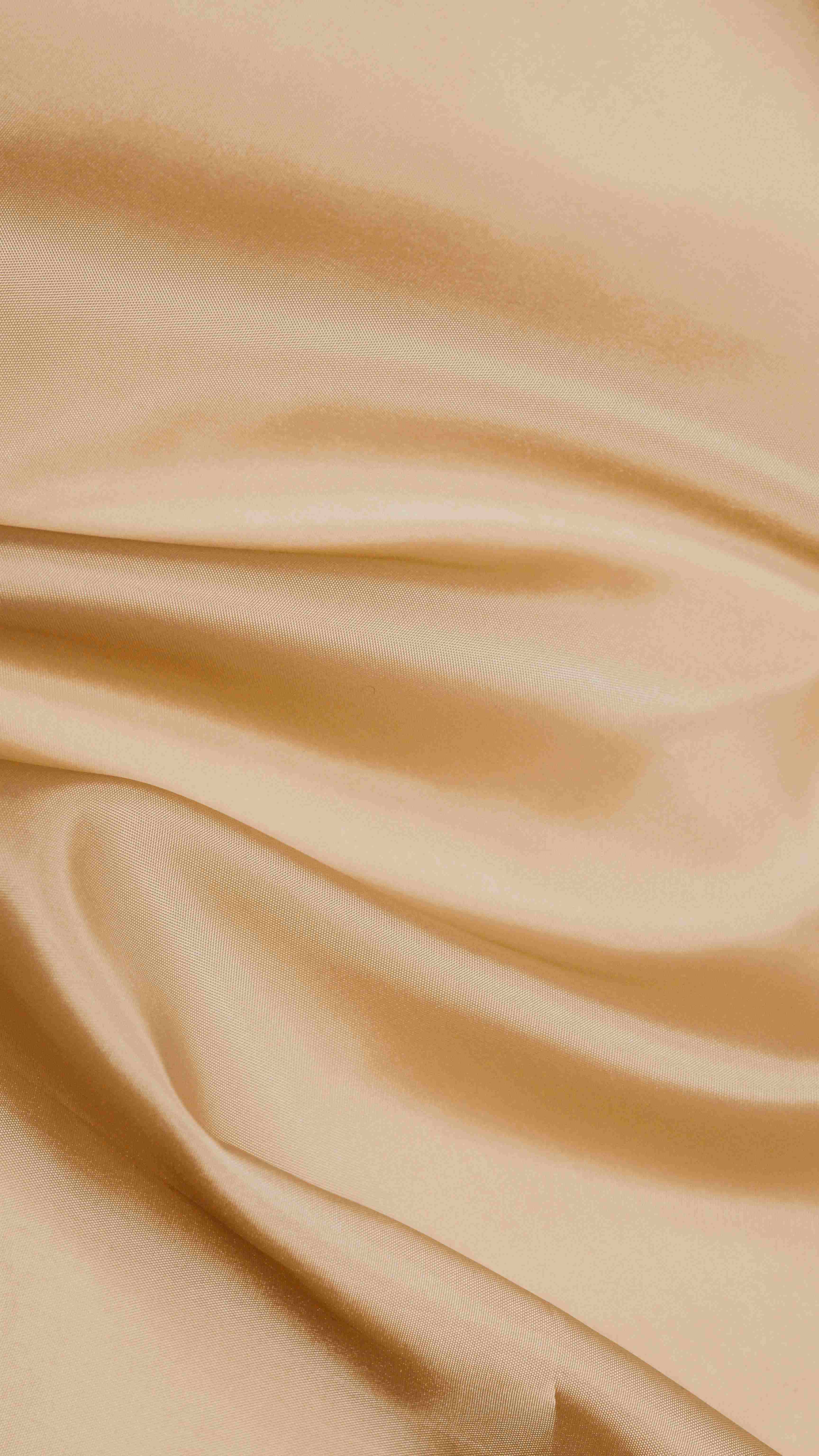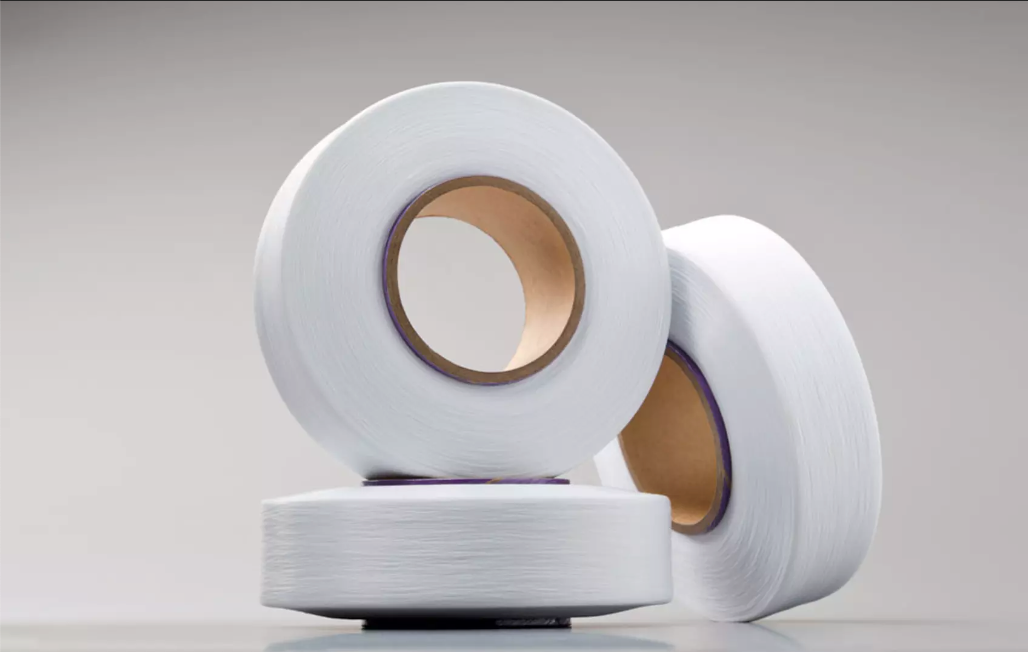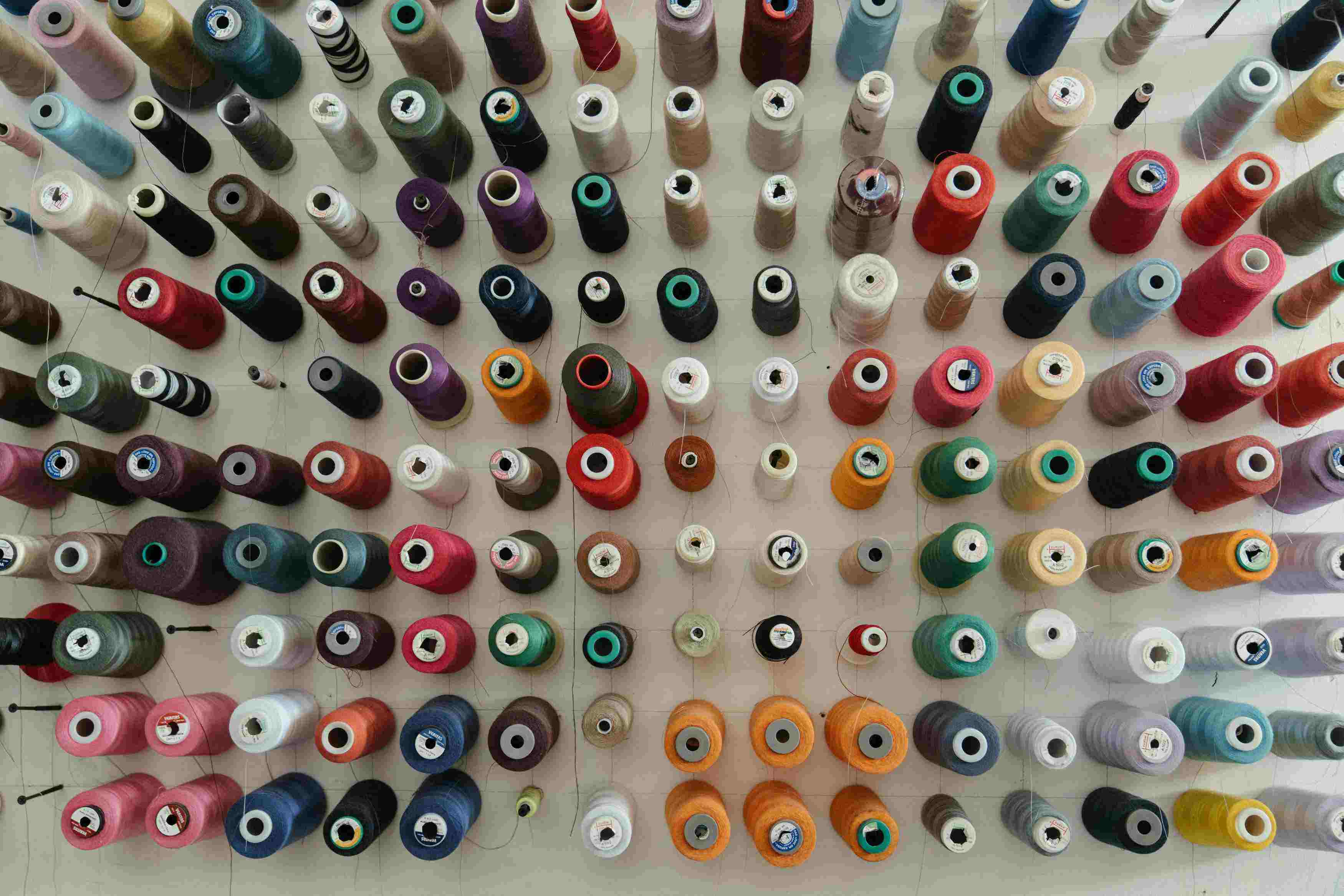Materials we use

NILIT®: Featherlight, Ultra-Tough
A premium nylon fiber engineered for durability, flexibility, and comfort. NILIT® offers a second-skin feel while remaining highly resistant to wear. Breathable, moisture-wicking, and UV-protective (UPF 40+), it’s designed for performance that lasts.

NYLON: Crafted from ancient resources, including dinosaurs
Made from fossil fuels, nylon has a surprising past—its origins trace back to ancient plants and even dinosaurs. Engineered for durability, it was first used in military parachutes and fine hosiery. Today, it remains a top choice for strength, flexibility, and longevity.

LYCRA®: The Stretch Revolution
In the 1950s, chemist Joseph Shivers at DuPont revolutionized textiles by developing LYCRA® as a superior alternative to rubber in clothing. Unlike rubber, LYCRA® is lightweight, durable, and can stretch up to five times its original length while consistently returning to its initial shape. This innovation not only enhanced comfort and fit but also transformed fashion trends, leading to the creation of form-fitting garments that were previously unimaginable.
Released with a name randomly generated by a computer, the new LYCRA® fiber could stretch so much more than the rubber that inspired it.

SPANDEX: Engineered for Ultimate Flexibility
Spandex, also known as elastane, is a high-performance fiber designed for exceptional elasticity and shape retention. Originally developed for space suits, it provides unparalleled stretch and support, ensuring garments move seamlessly with the body while maintaining its form.
Spandex was used as a layer in the moon landing space suit, specifically as part of the inner layer for comfort and flexibility, fitting snugly under the more rigid outer layers.

POLYESTER: Performance with Endurance
Polyester is one of the most widely used synthetic fibers, known for its durability, strength, and resistance to wrinkles and shrinking. It’s a key material in performance clothing, thanks to its moisture-wicking properties and resistance to staining. Interestingly, polyester was first developed in the 1940s from petroleum-based chemicals and has since evolved into a highly versatile fabric. It’s also a recyclable material, with some polyester fibers being repurposed into products like fleece jackets and even plastic bottles, making it a sustainable option for long-lasting wear.
Comparison of leggings features
| Feature | zebreo leggings | Mainstream fitness leggings |
|---|---|---|
| Primary Material | 77% Nilit® (Premium Nylon) | Typically 70-80% Polyester or Nylon |
| Stretch & Fit | 6% Lycra® + 2% Spandex = High elasticity & durability | 10-20% Spandex for stretch, varies by brand |
| Softness | Nilit® for a softer, more premium touch | Polyester blends can feel less soft, more synthetic |
| Breathability | High (Nilit® is moisture-wicking & breathable) | Varies; Polyester blends may trap heat more |
| Durability | Nilit® + Lycra® = Resistant to pilling & wear | Nylon blends offer durability, but some polyester options pill |
| Compression | Lycra® blend offers gentle yet firm compression | Compression varies depending on Spandex % |
| Waistband Fit | High-rise, supportive, and stays in place | Varies; some brands may roll down or feel loose |
| Moisture-Wicking | Excellent (Nilit® absorbs & dries quickly) | Good, but polyester-heavy blends may trap heat |
| Pilling Resistance | High (thanks to premium Nilit® fibers) | Polyester blends may pill over time |
| Sustainability | Nilit® is more eco-conscious with performance tech | Some brands offer recycled polyester options |
| Performance for Workouts | Designed for intense movement & long wear | Some leggings may lack compression or shape retention |